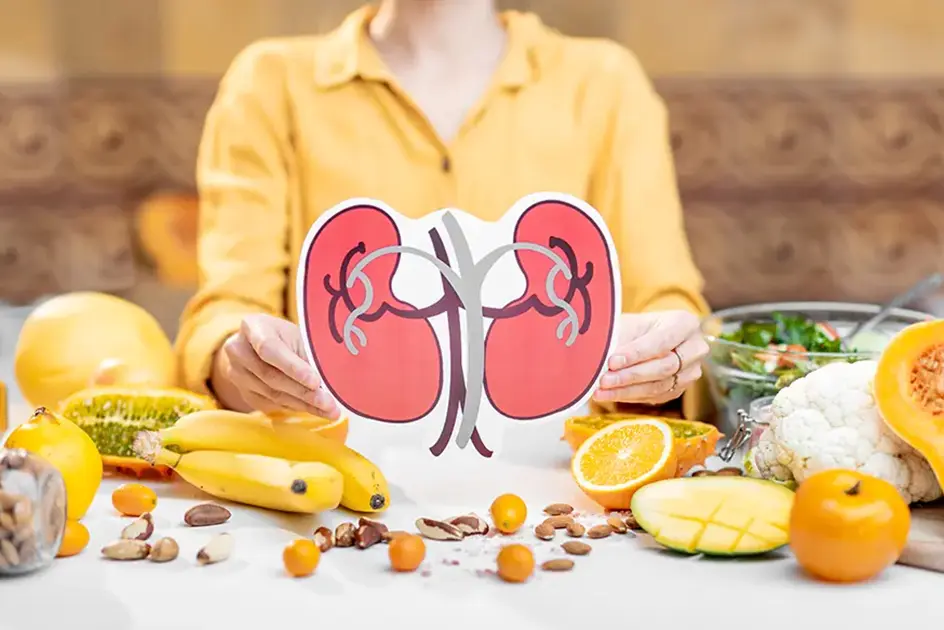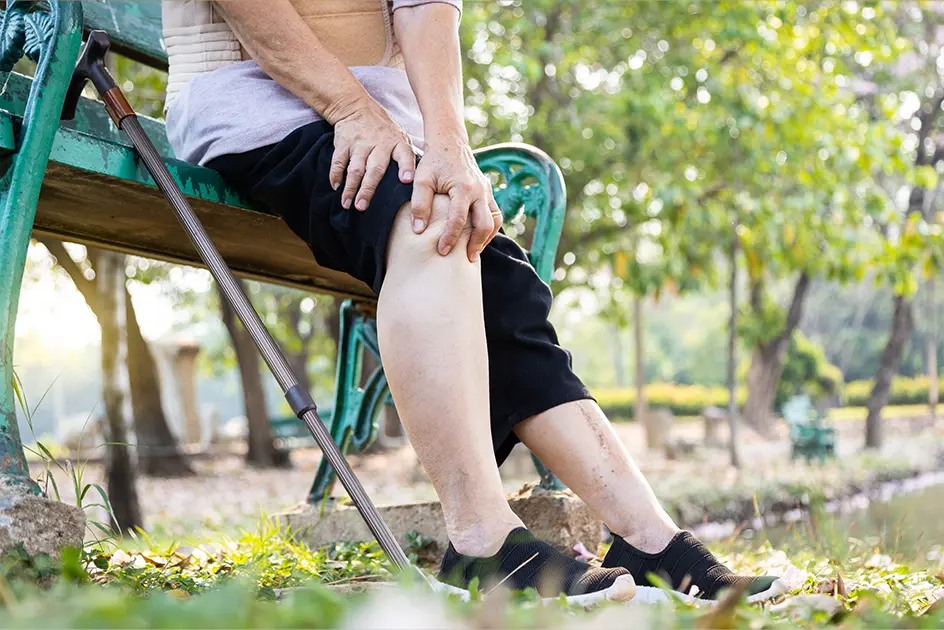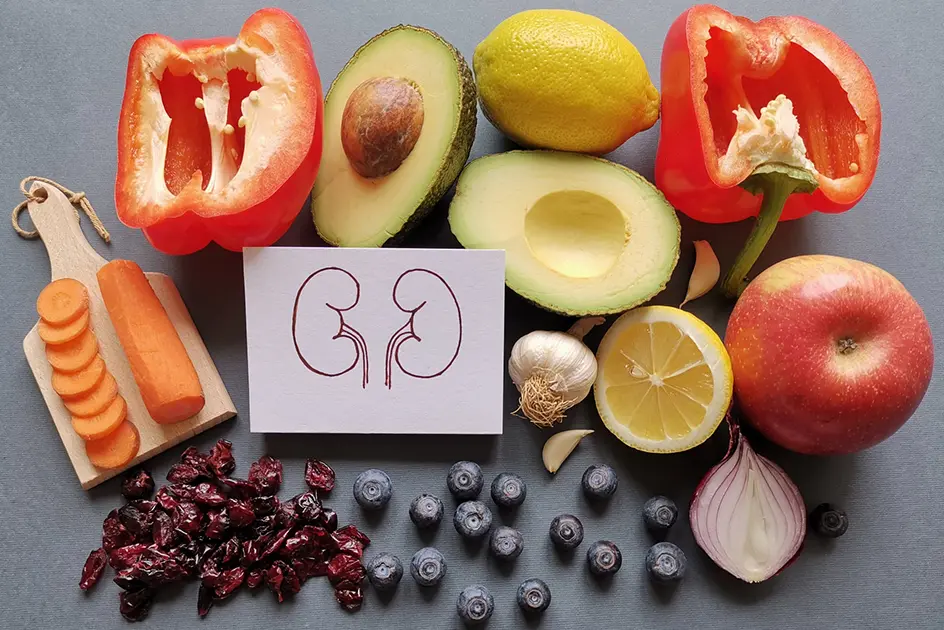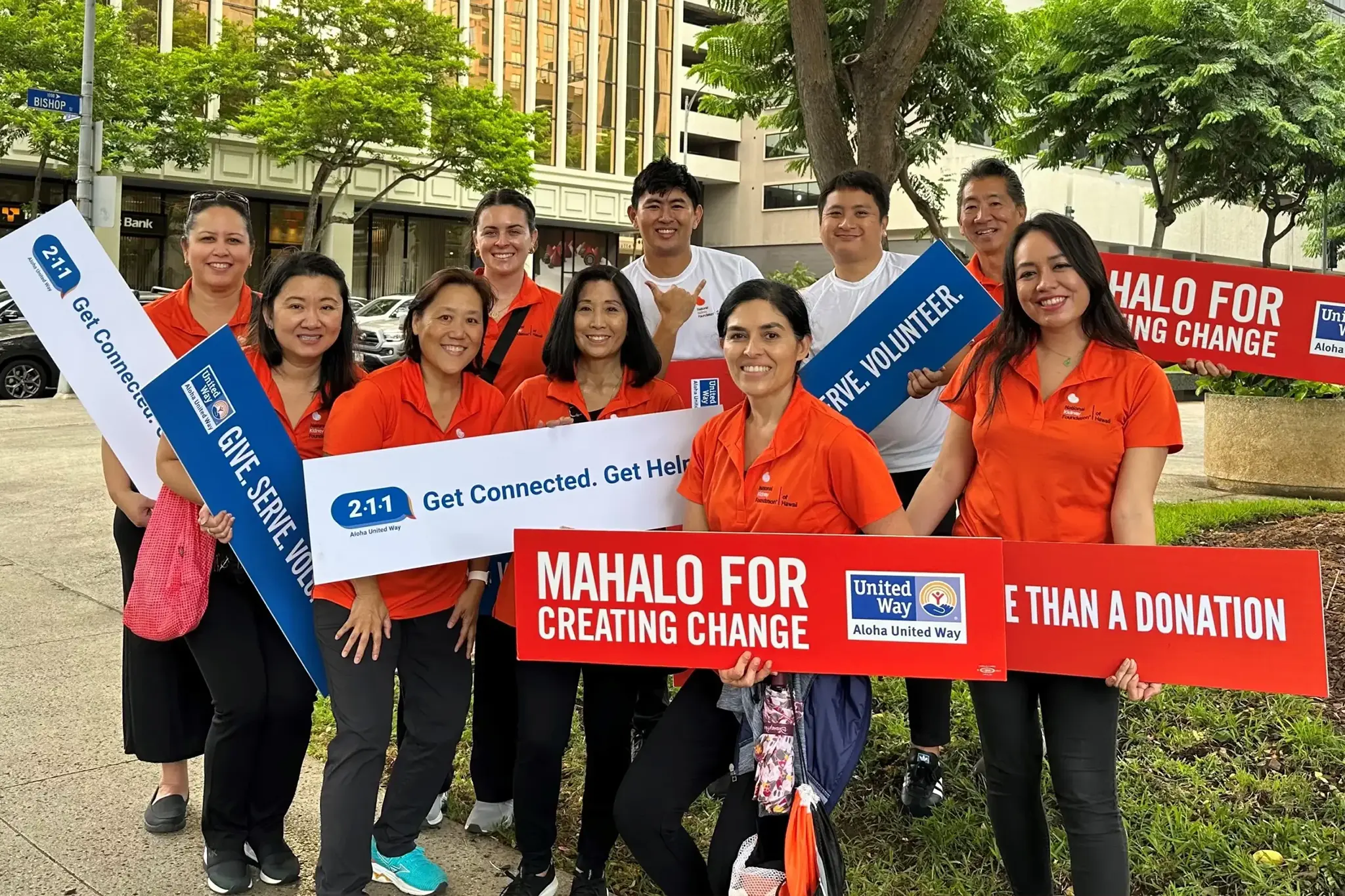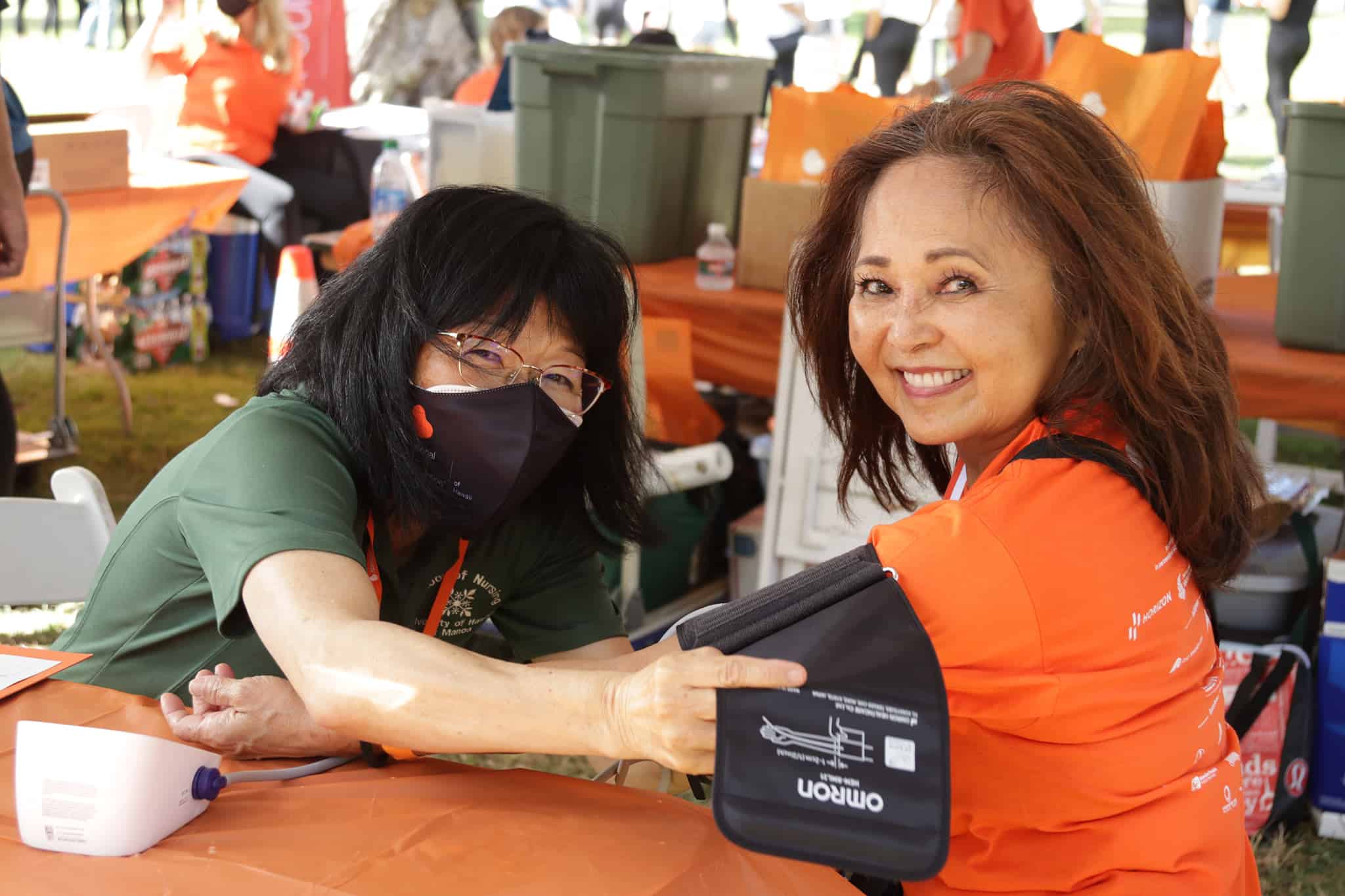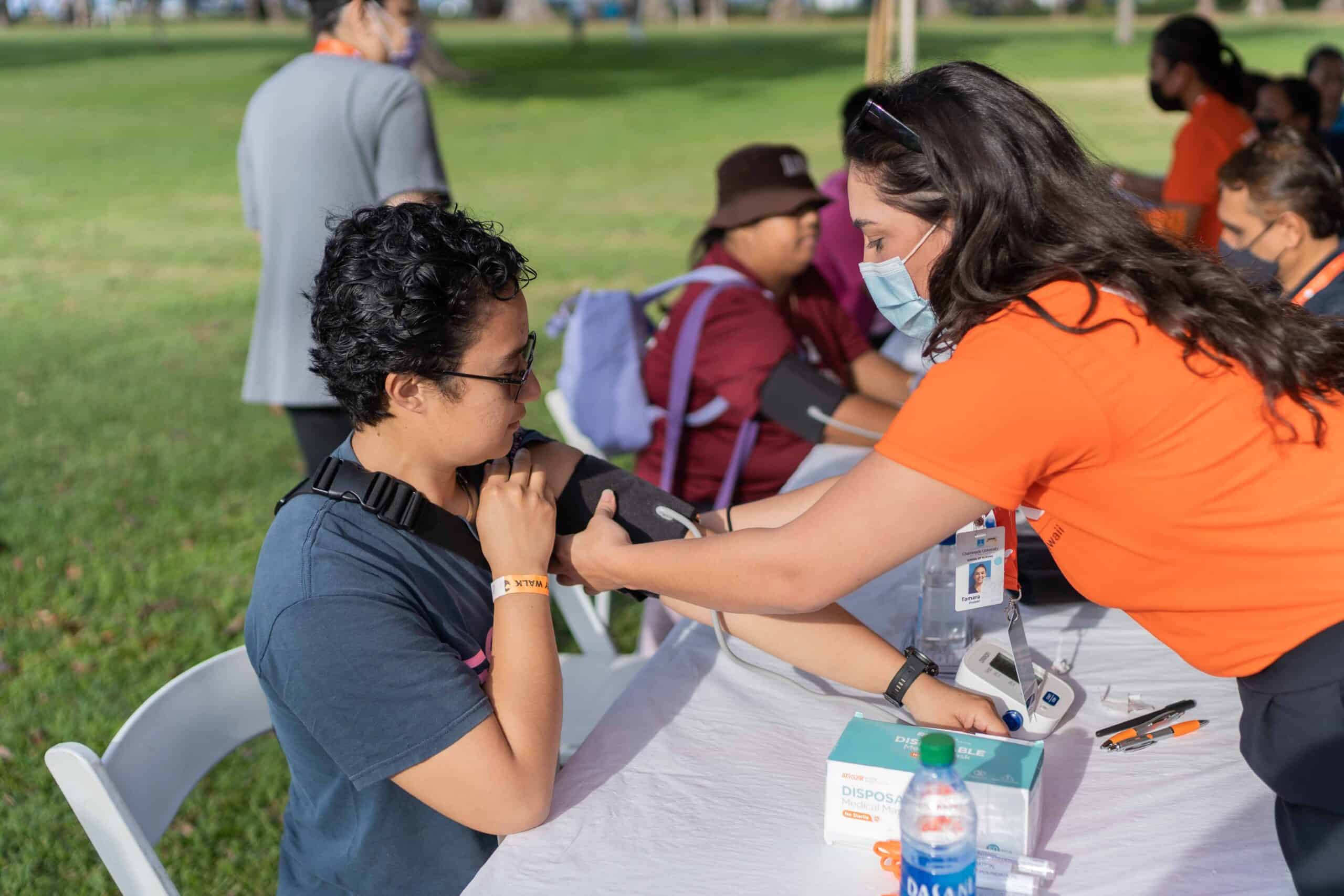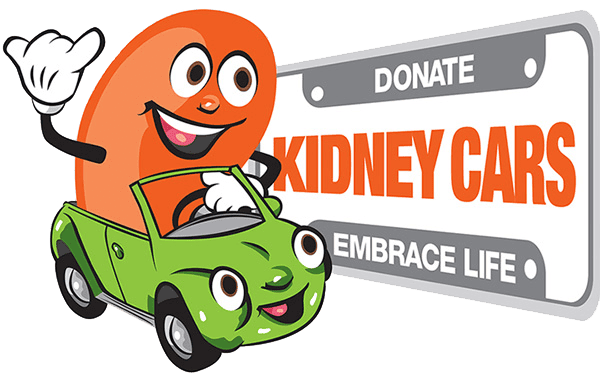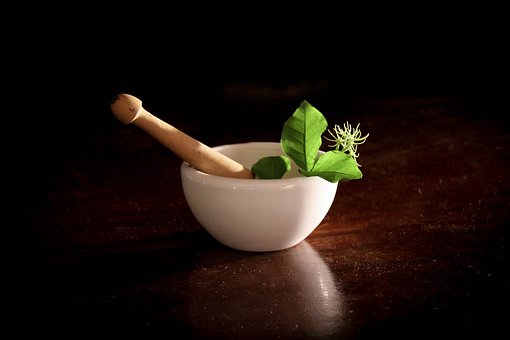Herbal medicines have been used by humans for over 5,000 years. Today, herbal (sometimes called botanical) dietary supplements are a $6 billion industry in the U.S. alone. In a study published in 2017, one-third of subjects reported taking herbal supplements “to preserve or recover health.” Often termed “natural,” herbal supplements are considered to be alternative or complementary medicine. If you have chronic kidney disease (CKD), however, there are good reasons to be cautious about taking herbal medicines.
Herbal supplements are made from plants, fungi or algae and are usually sold as extracts, teas, powders, tablets, or capsules. The fact that they are marketed as “natural” is appealing to people who want to shy away from drugs. Unlike prescription or over-the-counter drugs, herbal supplements are not regulated by the Food and Drug Administration (FDA), so their manufacturers can put in whatever ingredient they want. Whether or not you have kidney disease, it’s always smart to be cautious of anything you ingest. If you have CKD, some supplements may even cause kidney injury! For example, if you’ve had a kidney transplant, herbal medicines may interact with certain anti-rejection drugs. Others may have high amounts of potassium or phosphorus. Others may be detected as a poison by your body.
Kidney patients need to be extra cautious about supplements because there are very few studies examining herbal products in patients with CKD, and some of them result in conflicting research findings. Just because something is marketed as “natural” does not make it “safe.”
The National Kidney Foundation and Academy of Nutrition and Dietetics websites list herbal supplements that are especially risky for patients with any stage of kidney disease, who are on dialysis, or who have had a kidney transplant.
|
Aloe |
Capsicum |
Cascara |
|
Comfrey |
Dandelion |
Ephedra |
|
Horsetail |
Licorice |
Java Tea Leaf |
|
Noni juice |
Nettle, Stinging Nettle |
Rhubarb |
|
Parsley Root |
Pennyroyal |
Sassafras |
|
Segrada |
Senna |
Yohimbe |
Herbs which may have anticoagulant properties include ginger, gingko biloba, garlic, ginseng, and feverfew. Herbal supplements are NOT recommended for kidney patients. Unfortunately, it is common for patients to avoid telling their doctors about supplements they are taking. If you already have decreased kidney function, it’s best not to take even vitamin and mineral supplements above the Recommended Daily Allowance (RDA) OR herbal supplements. If you decide to take supplements on your own, make sure you discuss it with your doctor, dietitian and pharmacist first. Remember, there is no dietary supplement that can deliver a quick fix for a serious health problem.
This information is meant to be used as a resource and is not meant to replace medical advice. For more information, contact programs@kidneyhi.org.
References:
https://www.ncbi.nlm.nih.gov/pmc/articles/PMC5593261/
https://www.kidney.org/atoz/content/herbalsupp
https://renalnutrition.org/files/uploads/RPG_botanical_med_ckd_pts.pdf

